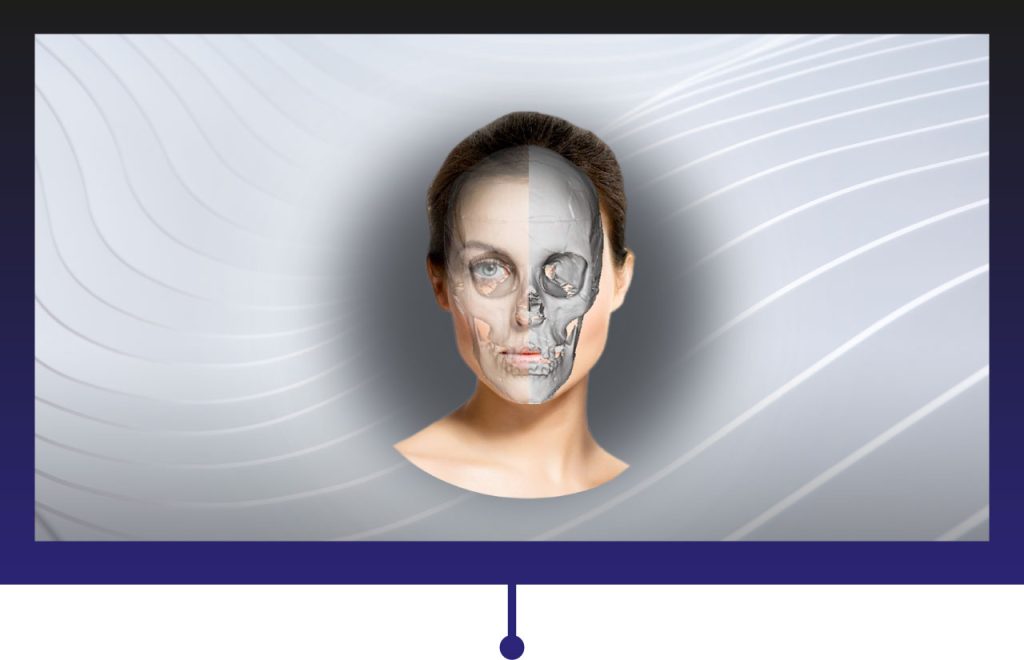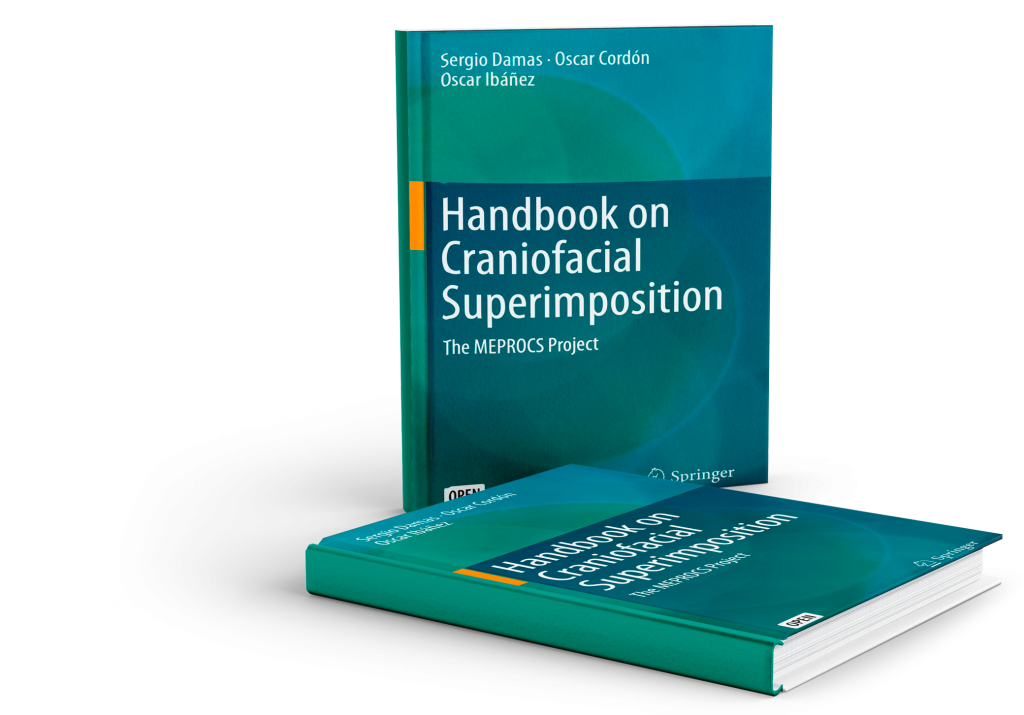Proving the Reliability of Craniofacial Superimposition | Online Event
Published on April 17, 2023
Written by Pablo Feito

The reliability of an identification method is key in a medicolegal investigation, as the application of inaccurate methods could compromise the identification process. ID methods are expected to comply with the Daubert standard, which involves the acceptance of a method by the scientific community.
Craniofacial Superimposition (CFS) has been deemed a powerful technique for positive identification in some instances, while in others, only adequate for the exclusion of candidates.
Carl Stephan, renowned authority in the field of craniofacial identification, claimed it is not possible to make firm statements regarding the reliability of CFS methods due to the scarcity of published studies and their considerable limitations.
At Panacea, we have carried out two international validation studies for CFS following MEPROCS guidelines and using Skeleton-ID software. We assessed the reliability of Artificial Intelligence supported methods, while providing the scientific community with a replicable validation study for CFS over an unprecedented number of problems, surpassing a thousand comparisons. Additionally, we have explored the theoretical limits of CFS
The results of these studies are presented in this video.
Rosario Guerra is a predoctoral researcher specializing in craniofacial identification techniques. She contributed to the development of a semi-automated comparison method for 3D skull models and facial photographs and serves as the head of Forensic Anthropology and Forensic Archaeology at ETAF.
Additionally, she trains forensic experts in Victim Identification in Combat Zones, with a current focus on Ukraine.”
This video was recorded on April 21, 2023.


